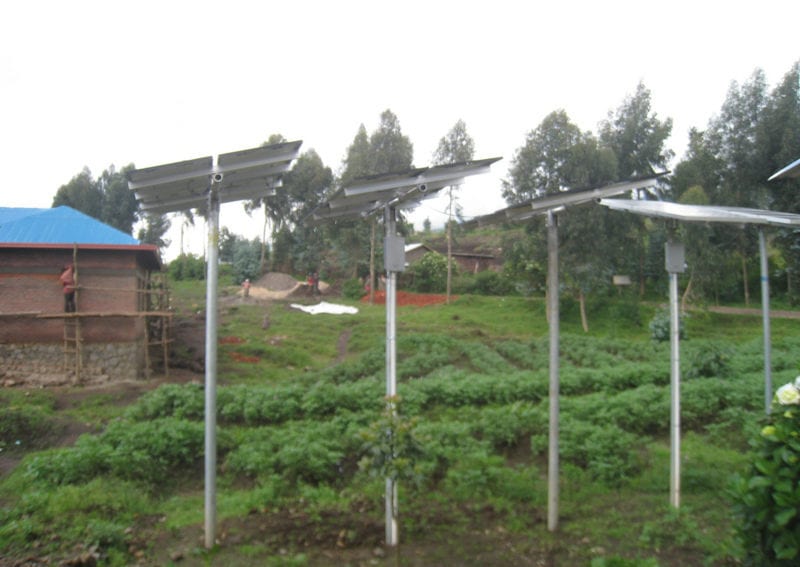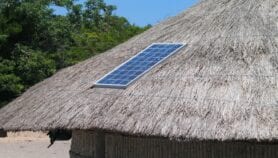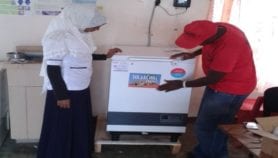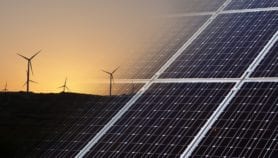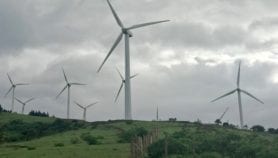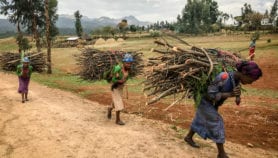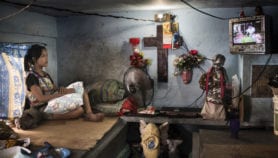By: Alberto Leny
Send to a friend
The details you provide on this page will not be used to send unsolicited email, and will not be sold to a 3rd party. See privacy policy.
[ADDIS ABABA] Africa is on the verge of a “revolution” in the energy sector to benefit millions of people on the continent currently not connected to electricity.
Setting off an exciting agenda for the 2nd High-Level Meeting of the Africa-European Union Energy Partnership in Addis Ababa, Ethiopia, this week (11-13 February), participants at a side event ahead of the meeting are stressing the need for policies and technologies to spark development in the “unconnected frontiers.”
Most of their focus is directed at rural electrification, clean energy and using partnerships with civil society to increase energy access solutions and policy.
“To give people electricity, to me, is like giving them medicine, giving them a good life. With electricity the children can learn better in a more conducive environment.”
Nestor Mwemena Kamabwe, SocieteAfricaine de Developpement Rural, Democratic Republic of Congo
“The big question now is how to move forward for the big roll-out … for the people unconnected to electricity, mostly in Africa,” says Klaus Maier, the project coordinator of Mobisol Prepaid Energy, a Berlin-based company that combines solar energy with innovative mobile technology to provide high-tech solar home systems to developing countries.
Delegates at the meeting are unanimous that such an exercise requires the concerted collaboration of industrial partners, researchers, financial institutions and governments.
Access to electricity, they agree, is a basic need, a prerequisite for education, health and economic development. It enhances agricultural and industrial production.
“To give people electricity, to me, is like giving them medicine, giving them a good life. With electricity the children can learn better in a more conducive environment,” says Nestor Mwemena Kamabwe, president of the Societe Africaine de Developpement Rural, an organisation that promotes rural development in the Democratic Republic of Congo through projects such as agriculture and electricity supply.
So why rural electrification? Experts such as Kamabwe insist that sustainable rural electrification is an important factor for development, reliable electricity services, increased agricultural productivity, new jobs in micro and small enterprises, higher incomes and better quality of life.
Experts and policy makers should not throw caution to the wind, however, even as they embark on ambitious programmes such as those envisioned by the Africa-EU energy partnership. They should create an enabling environment and energy investment projects in Africa.
But whether an enabling environment or investment projects should come first — like the proverbial “chicken and egg” scenario — should be carefully analysed.
Such analysis should consider multiple reasons and benefits for having energy investments.
Bernadette Lahai, a legislator from Sierra Leone, who also chairs the Pan-African Parliament committee on transport, industry, communication, energy, science and technology, couldn’t have said it better:
“We have to be careful not to bunch all those who receive support in the energy sector as one homogenous lot. No, there are different levels. It is not enough to just give them light. Some people need freezers to make ice and cool water to sell, creating value and generating income”.
This article has been produced by SciDev.Net's Sub-Saharan Africa desk.
More on Energy
Multimedia
African innovator turns plastic waste into liquid fuel
Francis Kantavooro has produced a locally assembled reactor that turns plastic waste into16/12/19


